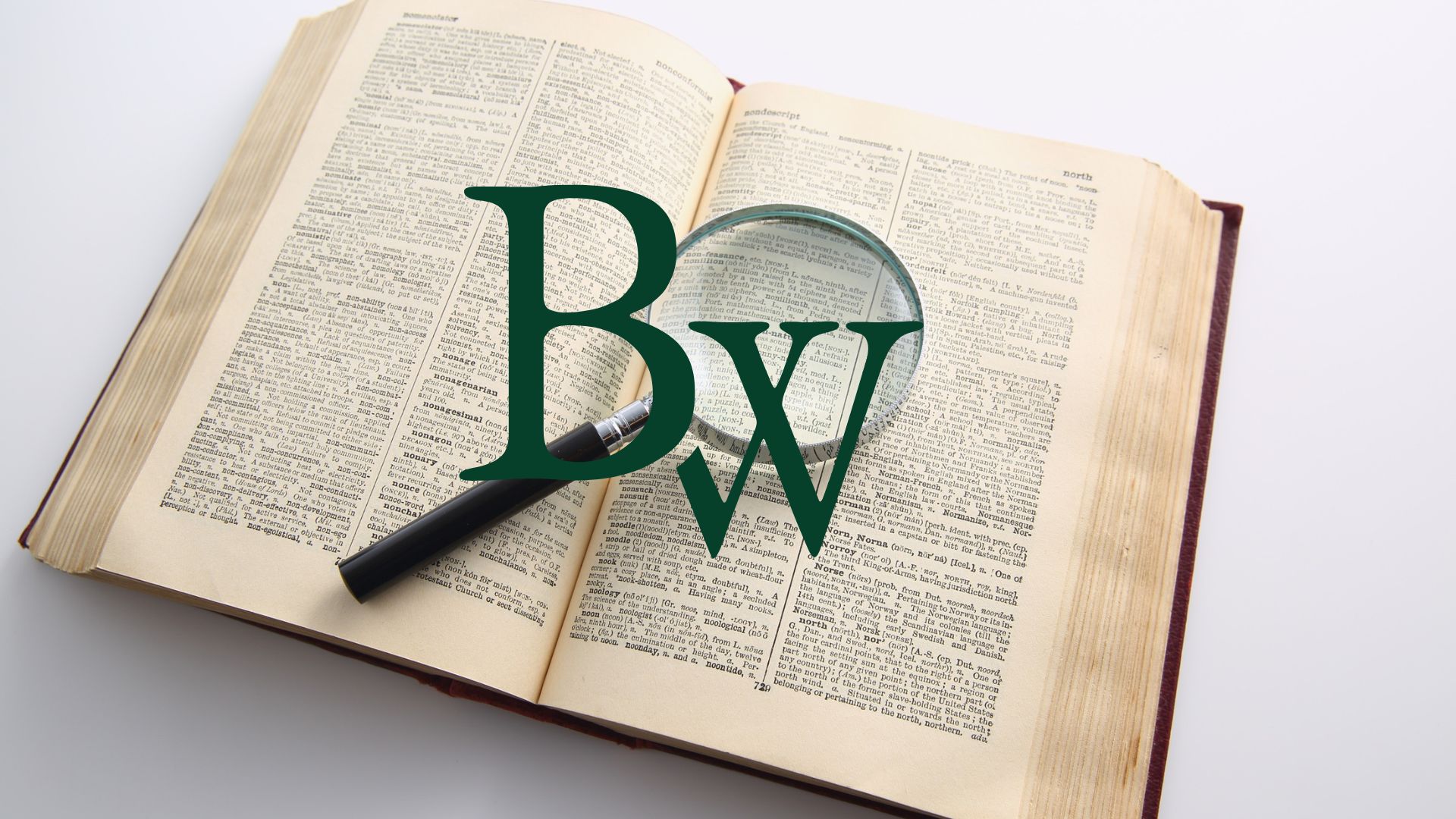Bill of Lading
Definition:
A bill of lading is a legal document issued by a carrier to a shipper that outlines the type, quantity, and destination of goods being transported. It serves as a shipment receipt when the goods are delivered to the destination. The document also acts as a title of ownership, allowing transfer of goods while in transit. Bills of lading are commonly used in international trade, shipping, and logistics to ensure accountability and clarity in the transportation process.

Bill of Lading Information
The bill of lading is one of the most important documents in global commerce, serving three main functions: it is a receipt for shipped goods, evidence of a contract of carriage, and a document of title. There are several types, including straight bills (non-transferable), order bills (transferable), and bearer bills (negotiable by possession). It details essential information such as the shipper, consignee, carrier, cargo description, and transport terms. The document protects both shipper and carrier by confirming goods were loaded as agreed and providing proof in case of disputes. In digital logistics, electronic bills of lading (eBOL) are increasingly used for faster, paperless processing.
Florida Legal Definition
Under Florida law, a bill of lading is recognized as a formal acknowledgment by a carrier of the receipt of goods for shipment, as defined under the Uniform Commercial Code (UCC) adopted in Florida statutes. It serves as both a contract and a receipt, establishing the carrier’s obligation to deliver goods as described. Florida courts treat the bill of lading as prima facie evidence of the terms of shipment and the condition of goods at the time of loading. It plays a vital role in disputes over delivery, loss, or damage to cargo during transit. The document’s transferability determines ownership rights and responsibilities between parties involved in shipping and commerce.
How It’s Used in Practice
In practice, a bill of lading is used by shippers, freight forwarders, and carriers to document and control the movement of goods. Exporters rely on it to prove shipment for payment under letters of credit, while importers use it to claim goods upon arrival. Logistics professionals handle multiple copies for the shipper, consignee, and carrier to ensure legal and logistical traceability. In Florida’s ports and transportation hubs, bills of lading are essential for customs clearance, insurance claims, and contract enforcement. The accuracy of the document directly affects financial and legal accountability in trade transactions.
Key Takeaways
- A bill of lading is a legal shipping document that serves as a receipt, contract, and title of goods.
- It includes details about the shipper, consignee, carrier, goods, and transport terms.
- Under Florida law, it is governed by the Uniform Commercial Code (UCC) as evidence of shipment and delivery.
- Used in domestic and international trade to transfer ownership and verify delivery conditions.
- Accurate and complete bills of lading help prevent disputes and ensure smooth logistics operations.
Disclaimer: The information and opinions provided are for general educational, informational or entertainment purposes only and should not be construed as legal advice or a substitute for consultation with a qualified attorney. Any information that you read does not create an attorney–client relationship with Barnes Walker, Goethe, Perron & Shea, PLLC, or any of its attorneys. Because laws, regulations, and court interpretations may change over time, the definitions and explanations provided here may not reflect the most current legal standards. The application of law varies depending on your particular facts and jurisdiction. For advice regarding your specific situation, please contact one of our Florida attorneys for personalized guidance.
Visit our legal department pages:
Real Estate Attorneys
Business Attorneys
Litigation Attorneys
Estate Planning Attorneys
Inheritance Attorney
Probate & Trusts
Trust • Experience • Results
Ready to Get Started?
Get started with Barnes Walker today.








